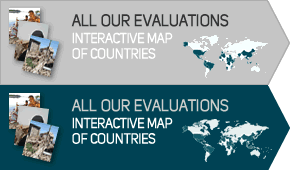Description of project
The scope of the research is to assess the influence of GEP across the framework of humanitarian action (preparedness, response and early recovery), in key humanitarian sectors (i.e., shelter, health, water and sanitation, food distribution, protection, education), and within key cluster functions (i.e., in needs assessments, partner selection, division of labour among cluster partners). It will provide examples of the application of GEP in different humanitarian contexts (i.e., armed conflict, natural disasters, mixed scenarios) as well as different types of emergencies (i.e. rapid onset, chronic and complex emergencies).
The overarching objectives of this research are to:
Develop an improved understanding of how and under what conditions GEP has or has not contributed to improved humanitarian outcomes;
Amass an evidence base of data, lessons learned and good practice that can be harnessed to inform decision makers’ discussions in the area of GEP, and inform the design of gender-responsive humanitarian interventions;
Develop a simple monitoring and evaluation tool that can be adapted by humanitarian actors in different operational and sectoral contexts to monitor and assess gender-sensitive humanitarian outcomes throughout the project cycle.
The research will take place in two phases: (I) an inception phase with the aim of clarifying the conceptual framework for analysis, designing the methodology and conducting a pilot field visit to refine the research questions and methodology, and (II) the execution phase where the bulk of the field research, analysis and writing will be carried out.

Share this